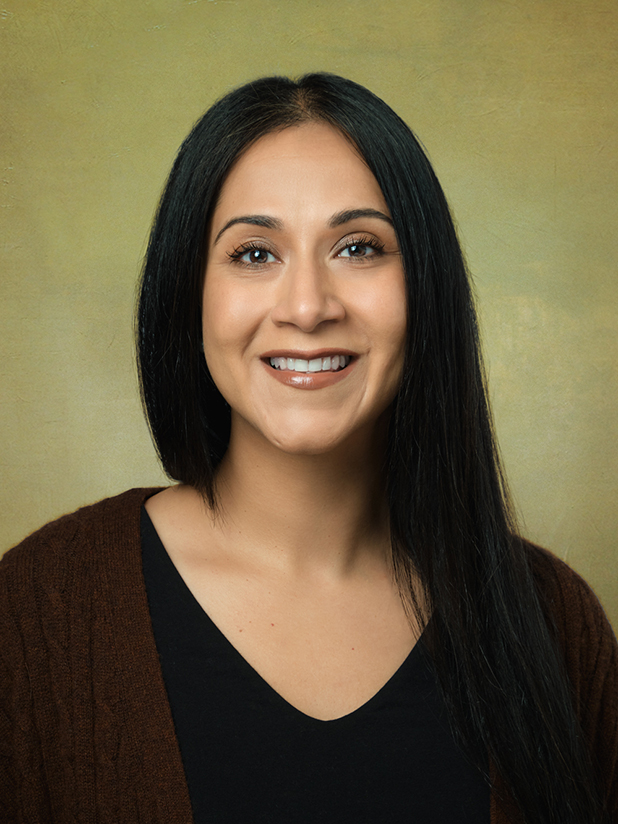 While Ramandeep Kaur, PhD’15, is currently a health services researcher at RTI International—a North Carolina-based global nonprofit institute providing research and development and technical services to government and commercial clients—her path into the field was unique.
While Ramandeep Kaur, PhD’15, is currently a health services researcher at RTI International—a North Carolina-based global nonprofit institute providing research and development and technical services to government and commercial clients—her path into the field was unique.
Wandering Paths
For her final master’s project in arts and interior design at California State University, Fresno, Kaur decided to study the relationship between living environments and the special needs of elderly populations living in long-term care facilities. The project—focusing on the design of wandering paths and activity areas in four Alzheimer's care facilities—would serve as an inspiring bridge between her master’s degree and a career path she didn’t yet realize she was on. Extending that bridge further was her thesis advisor, former Heller faculty member John Capitman, who had researched aging and long-term care policy and had recently joined CSU Fresno as the executive director of the Central Valley Health Policy Institute and Nickerson Professor of Public Health.
“It became clear to me that without the intangible facets of long-term care, such as administrative policies and staff training programs, even the most assiduously planned space would not meet its purpose,” says Kaur, noting that she’d discuss her observations with Capitman, whose mentorship played a key role in her career trajectory. “As a result of these conversations, my objective changed from the architectural design of long-term care facilities to the policies and economics of the programs and their interaction with other health care organizations.”
RTI
That’s exactly where Kaur finds herself today. Kaur is now an associate project director on a large team of economists, analysts and programmers whose work supports the Centers for Medicare & Medicaid Services to establish Accountable Care Organizations (ACO) through the Medicare Shared Savings Program.
In an ACO, physicians, hospitals and others involved in patient care come together to provide coordinated care to their Medicare patients—ensuring timely care while avoiding unnecessary duplication of services and reducing medical errors. Not surprisingly, Kaur’s role recently intersected with the COVID-19 pandemic.
“After being in a leadership role for a few years, it was time I rolled up my sleeves and got back to being an analyst,” she says. She made the shift to analytics early in the pandemic and worked to identify hospitalizations associated with a COVID-19 diagnosis, a complicated process for which criteria had to be discerned and agreed upon rapidly and accurately—under the scrutiny of every facet of the healthcare industry. “This was closest to what I considered real-time research.”
Heller’s Eureka Moments
Years before Kaur had to worry about conducting real-time research amid the planet’s first pandemic in a century, she had to get up to speed on research, period. And as it turns out, Heller was just the place to do it.
“Before joining Heller, I had little knowledge about the U.S. health care system or research methods used to do health policy research,” Kaur recalls. “Having had no economics or policy background, every moment learning about economic theory and U.S. health policy was a eureka moment.”
Those moments kept coming, as Kaur found that her graduate coursework, combined with a research assistantship, helped her develop the knowledge and skills needed to one day be at the heart of efforts to understand the effects of the COVID-19 pandemic. She also joined a research team her first year at Heller and says working under a team of Heller researchers was “extremely enriching, [playing] a key role in defining my doctoral dissertation and my current work.”
“From my very first day at Heller, I felt I belonged there,” she says. “Support from faculty and peers is what created a feeling of community for me at Heller, something I truly valued and have continued to remember.”
